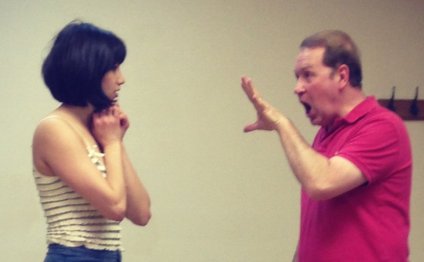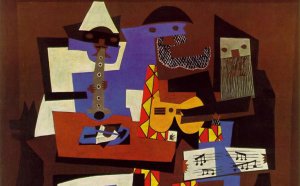
Should I take Voice lessons
Shinichi Suzuki, the “grandfather” of child music education and creator of the world-renown “Suzuki method” strongly advocated that children are not born with musical talents, but rather they are developed just like learning a native language through early-age training. By giving your child voice lessons, you will be giving the gift singing and music appreciation that will become a valuable and cherished asset for a lifetime as a medium for satisfying personal achievement and entertainment.
2. Build Self-Esteem
In addition to the morale that the student gains from working diligently at a skill and succeeding, the positive individual attention given in private and small-group lessons and parent practice sessions fosters self-esteem and self-worth in the student by showing them that they are worthy of personal attention and that others believe in their success.
3. Learn Study Skills
In the course of singing lessons, students learn many study and memorization skills that easily transfer over to other subject areas to help them succeed in school and life. Studying music will help students discover their own best individual learning styles, giving them a head start on the independent learning skills they will need in more advanced academics.
4. Learn Focus
Regular voice lessons and practice sessions help students develop advanced levels of concentration, determination, self-discipline and responsibility to regularly practice and work at skills to reach near and far-distant goals. These are the rare personality traits that more than any else will ensure success in all other areas of life.
5. Increase Brain Function
Many studies have shown that music instruction helps students develop advanced complex hand-eye, hand-to-hand and right-left brain coordination that greatly increases their ability for multi-task and complex brain activity, spatial cognition and fine motor skilled activities such as typing and writing. Many of the world’s greatest minds were honed by their classical music playing and education.
6. Increase Mathematical Skills
Studies have also shown that music instruction helps students develop practical science and mathematical skills such as counting, pattern recognition and recall, geometry, ratios and proportions, fractions, sequences, time keeping and pacing, acoustics, etc.
7. Build Character
Studies have shown that students who study classical music develop stronger moral character, are much more likely to score high in their classes and standardized tests, and much less likely to engage in substance abuse or criminal behavior. (Columbus Parent)
YOU MIGHT ALSO LIKE



Share this Post
Related posts
YouTube Voice lessons
If you are going to use YouTube for tips, that s fine for learning purposes, but you still need a teacher or someone capable…
Read MoreSouth Jersey Voice lessons
Dana Aversa is a leading Vocal Coach, Founder of South Jersey Voice Lessons, and creator of Vocal Extender; a vocal exercise…
Read More










